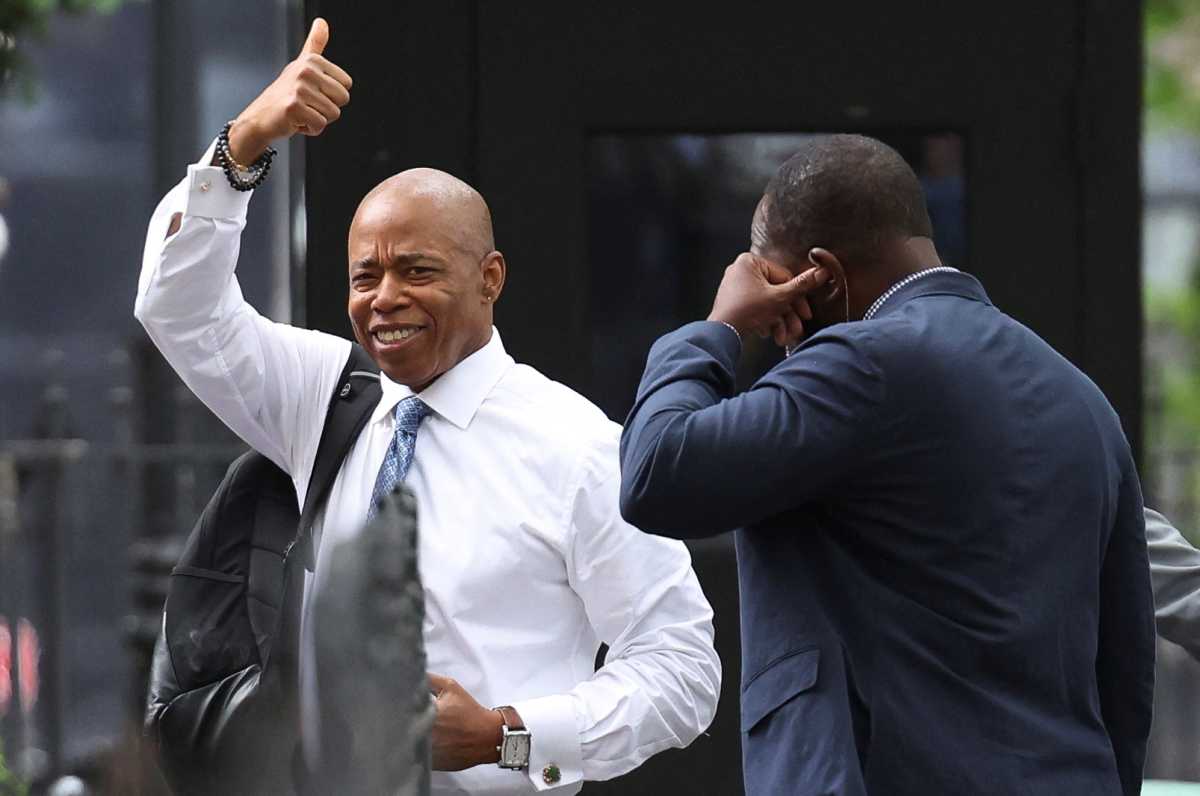What a dramatic reminder the explosive situation at Penn State University has been, that power corrupts and absolute power corrupts absolutely! At the same time, when any other option would have been indefensible, it was somewhat reassuring to see ultimate authority being judiciously and decisively exercised by those in whom it was reposed.
A unanimous vote by the university’s board of trustees issued marching orders to Joe Paterno, the revered football coach, as well as the university’s president, in the wake of a sexual abuse scandal on campus. The firing of 84-year-old Paterno, in particular, sent seismic reverberations not only across the Penn State community, but the entire college football world and indeed the country – not surprising given his 46-year tenure as the school’s head coach, with his overall Penn State ties going back some 62 years. The Paterno marathon was a situation tailor-made for abuse of popular affection. And he ran true to form.
So insulated from any and all “irritants” did Paterno think himself to be, in 2004, two years after he had failed to respond appropriately to a sexual abuse allegation against one of his assistants, he twice rebuffed appeals for him to retire made by the university president and members of the board of trustees. A recollection from one source of one of those overtures, in which Paterno was said to have “practically thrown out of his house” the president and fellow petitioners who had paid him a visit, is likely a general impression of the coach’s demeanor whenever the prickly matter of his stepping down was broached.
A graduate assistant had reported to Paterno in 2002 that he had witnessed his defensive coordinator’s sexual act with a youngster. Paterno supposedly instructed his young aide to report the incident to the athletic director and, appearances would suggest, he wasn’t unduly perturbed for years subsequently that there had obviously been no action taken. Comfortable in his iconic skin, Paterno clearly saw himself possessing the wherewithal to preempt anyone or any entity around Penn State that smacked of authority, more so when geared for his derailment. Get a load of his hubristic move after news broke of the grand jury’s findings in its investigation of sexual abuse on the campus. Bypassing the board of trustees, but offering the rationalization that he wanted to “make it as easy for them as I possibly can,” Paterno announced he would leave his post at the end of the current season. The board of trustees, he said, “should not spend a single minute discussing my status.” It was all for the good of everyone involved, the coach wanted all in his perceived fiefdom to know.
These perplexing tactics by Paterno, driven by a misplaced notion of untouchability, even in newly compromised circumstances, might invite speculation about whether the octogenarian had begun to lose it a bit. This self-deception as to where buck-stops-here power at the institution really resided had about it a hint of the unreal. That the trustees could give him an immediate heave, after he had so indulgently laid out his own departure scenario, must have given him a rude start, one presumes.
Paterno is of course not unlike so many others who have found the process of disengaging to be unnaturally difficult. J. Edgar Hoover comes to mind, who headed the FBI from its inception in 1924 until his death in 1972, and has earned much praise for his ingenious molding of the bureau into the extraordinary outfit he envisioned. But the recent characterization of one reviewer that Hoover was an innovative leader in earlier years, but grew into a despot as his career dragged on, is probably a view widely shared. Any suggestion of Paterno’s having despotic tendencies would almost certainly be a non-starter. But where, on the scale of negatives, do we rank staying on the job to the point where the very idea of making room for a replacement apparently becomes unpalatable?
The Paterno record of having racked up more wins than any other Division I coach isn’t about to be broken anytime soon. Beyond his gridiron acumen and unparalleled success, he has been known to take particular pride in the emphasis he has placed on academic achievement for student athletes, resulting in Penn State maintaining an enviable graduation rate for players who got into Paterno’s program over the years. Besides which he was also known for his philanthropy, generously supporting Penn State causes, along with others. By all measures to not like the guy demands major effort.
Somehow, though, football assumed proportions for Paterno that enabled him to ascribe a shocking inconsequence to deviant behavior by one of his lieutenants. Sadly, the horror visited upon a young victim didn’t seem to count for much. Sadly, too, one dare not omit from the equation the incalculable weight Paterno knew his titanic campus presence carried. The aphrodisiac that is power showed its ugly side yet again. Paterno would say, far be it for him to deliberately ignore a kid in harm’s way. “In hindsight,” he said, “I wish I had done more.” Got that right, coach. And, to tell it straight, it was amazingly pretentious of you to believe that writing your own ticket out of this infamy was a right you still owned.





















